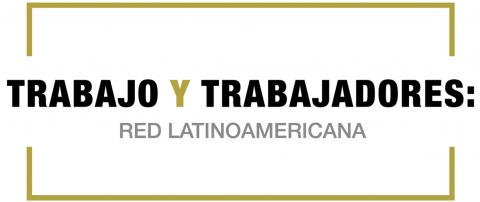
At the Trabajo y Trabajadores conference in La Paz, Bolivia, in May 2017 a Latin American labour history was founded: RELATT – Red Latinoamericana de Trabajo y Trabajador@s.
Between 2 and 8 May 2017, the Latin American and Caribbean Conference Trabajo y Trabajadores (“Work and Workers”) was held in La Paz, Bolivia. Organized by Rossana Barragán (IISH, Amsterdam), Amaru Villanueva, and Cristina Machicado (Centro de Investigaciones Sociales, La Paz), it was a remarkable event, bringing together some eighty scholars from nearly all Latin American countries, a few colleagues from Europe, and a multifaceted audience of local researchers, students, and unionists.
The conference highlighted major areas of interest in the labor history of colonial and post-Independence Latin America. It also provided a platform to confront distinct historiographies across the region, launch new research agendas and suggest potential collaborations across disciplinary and national boundaries. Moreover, the event resulted in the foundation of RELATT – Red Latinoamericana de Trabajo y Trabajador@s (the Latin American Labour History Network), a new academic infrastructure aimed at giving continuity to the discussions and exchanges started in La Paz through permanent working groups and the organization of academic meetings.
The new Latin American Labour History Network can build on solid empirical, theoretical, and methodological bases. In order to succeed it will also have to connect with the multiple networks, working groups, and national associations involved in labor history that already exist throughout the continent. Integrating and eventually coordinating what is already out there will thus be an important task of the new Network. At the same time, RELATT can play a major role in stimulating transnational cooperation and a further expansion of Latin American labor history. Indeed, the La Paz conference has, apart from its impressive achievements, also made certain gaps evident, and addressing them might be a good point to start with.
[Summary kind thanks to Christian De Vito.]
